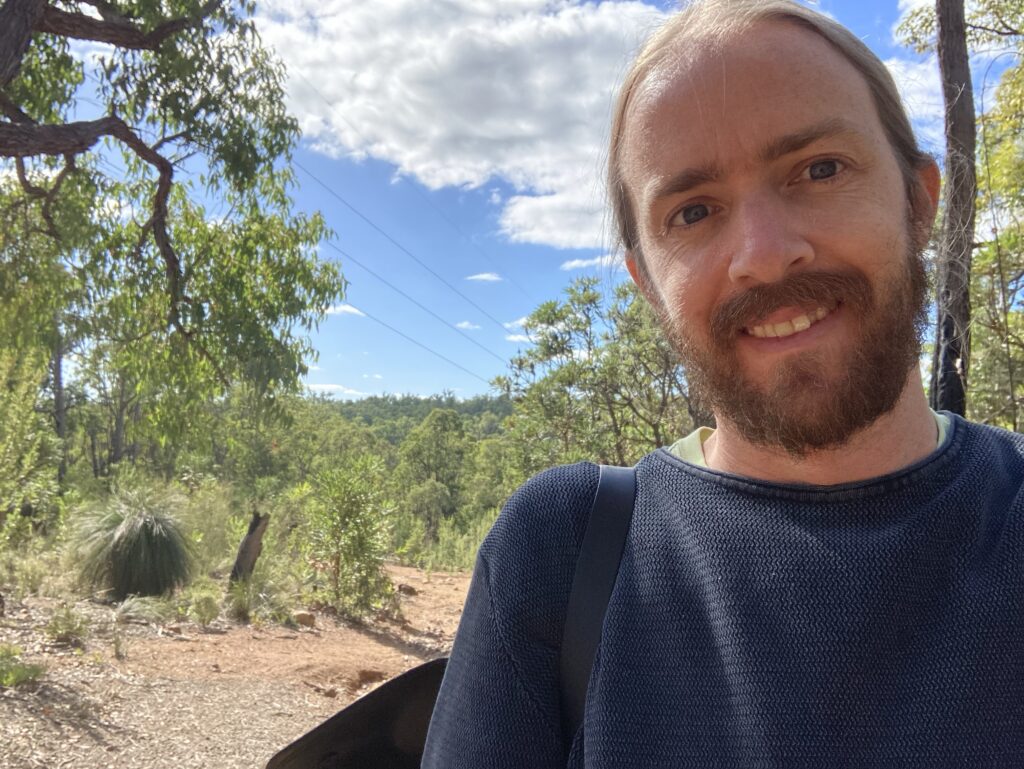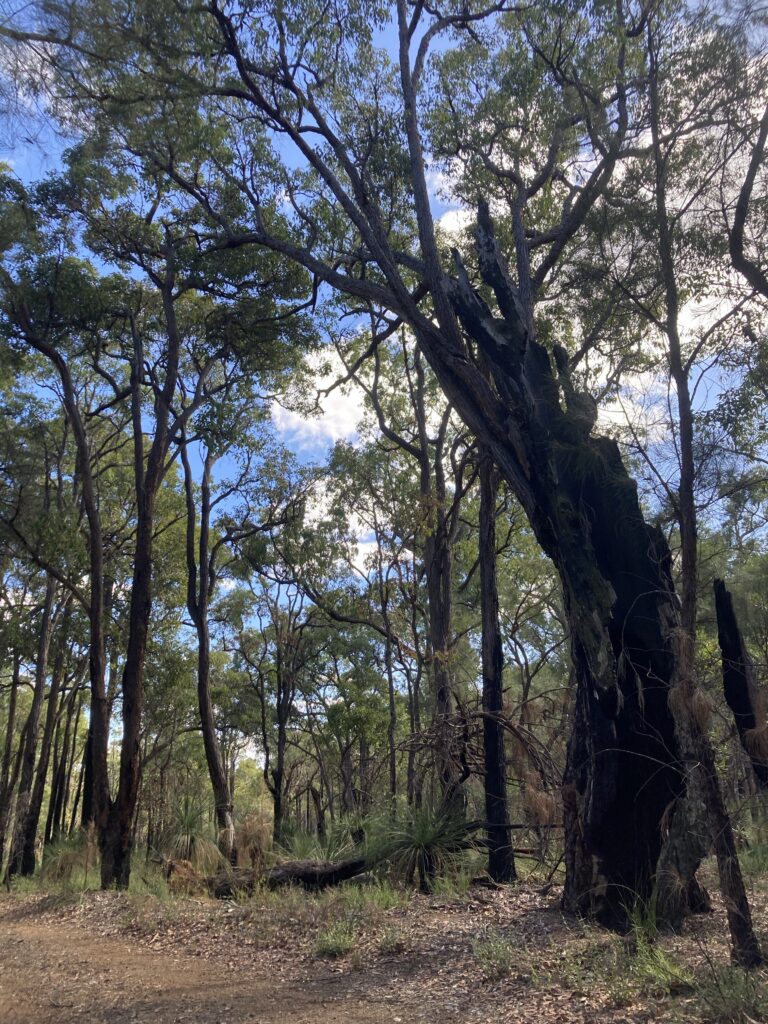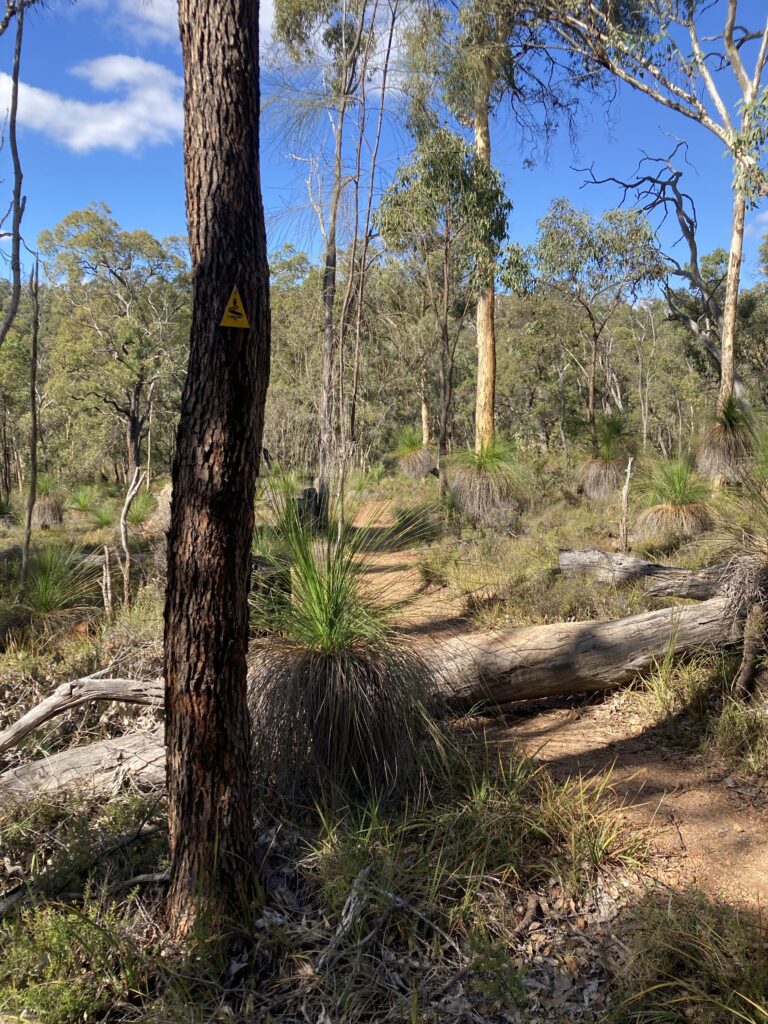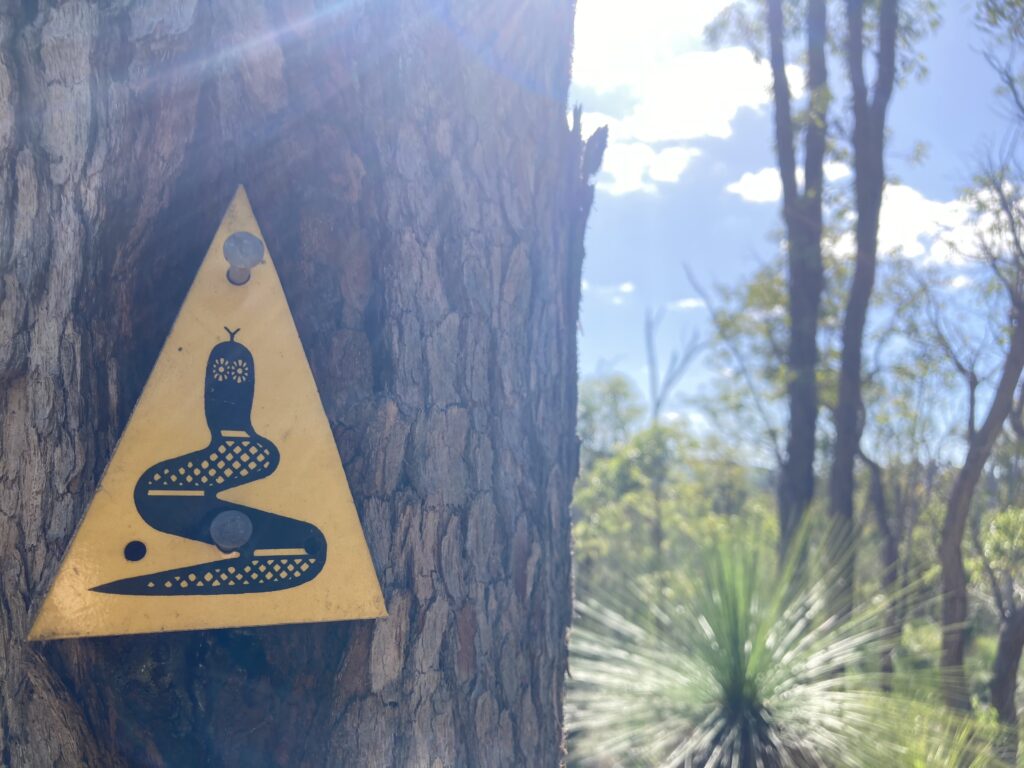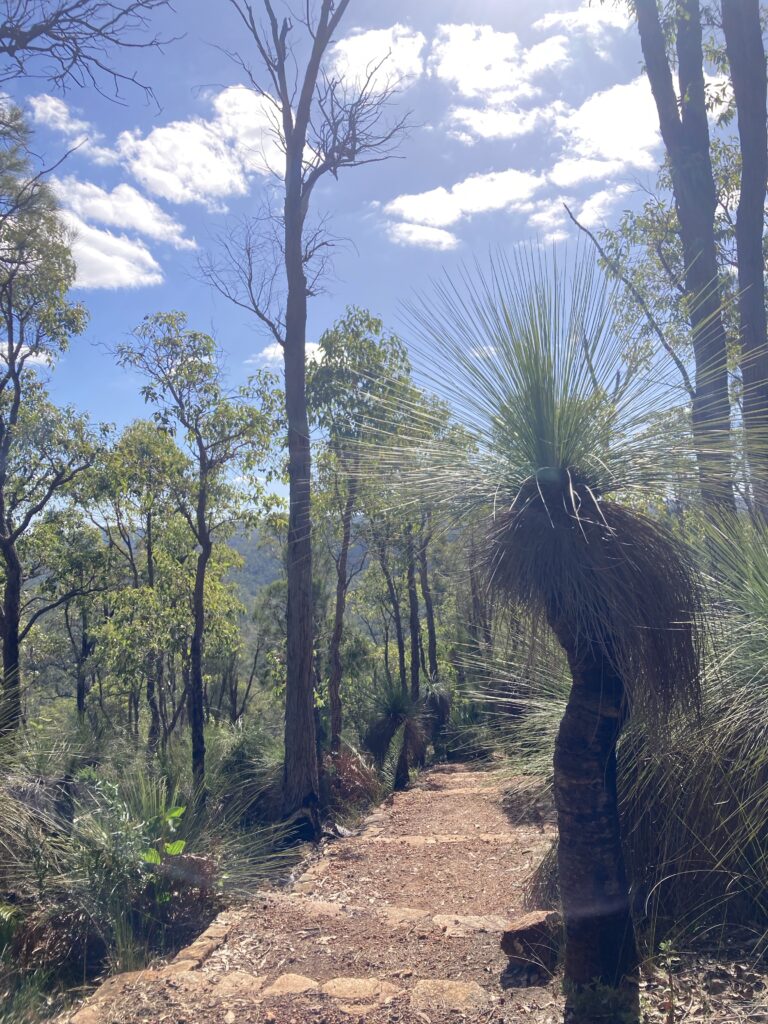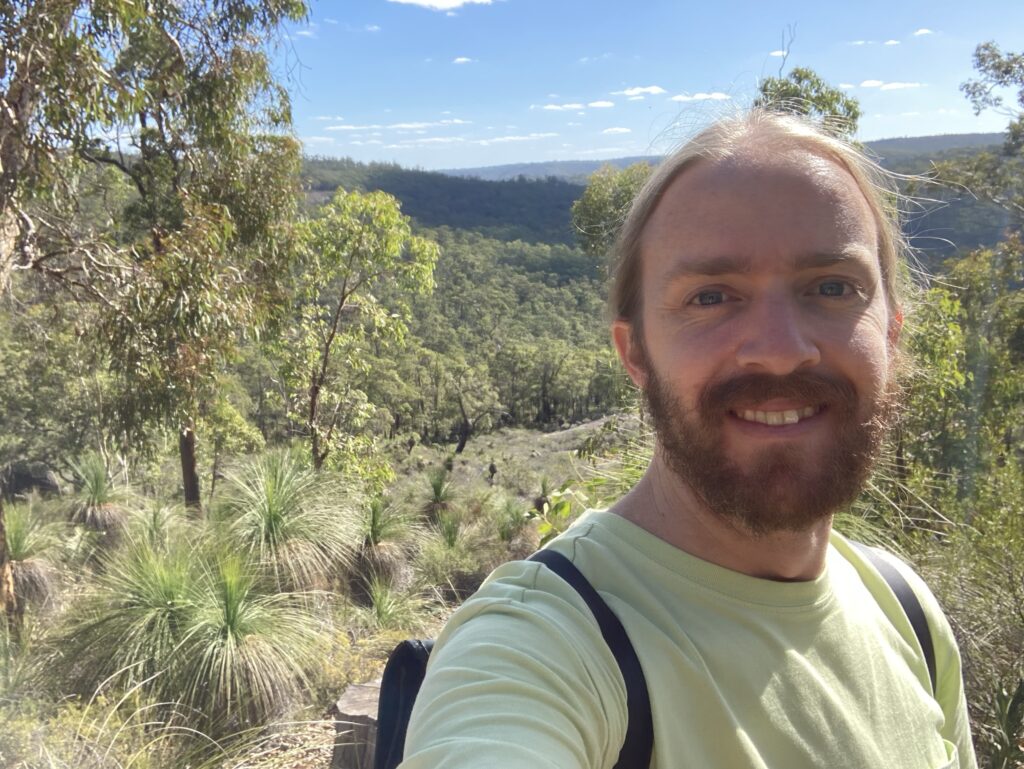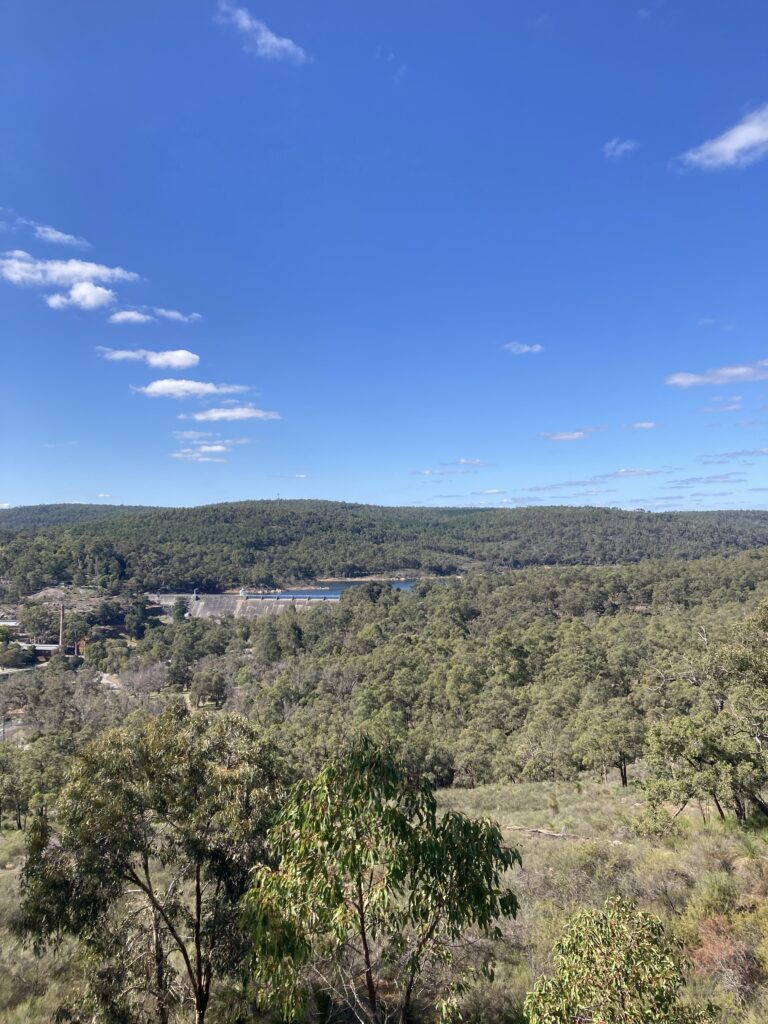“On Being with Krista Tippett” has long been my favourite podcasts, and this interview with Barbara Brown Taylor is a new favourite episode. In their conversation they follow Taylor’s life and some of her teaching, exploring the wandering and wilderness of a life of faith, the idea of the body, ecology and the incarnation being crucial to spiritual life, and what “the death of God” and “the death of the church” look like in a world where churches are emptying but “spiritual but not religious” or “none” just don’t do justice to the new thing that people are seeking and experiencing.
I think it is so true that people are talking about loss of faith, loss of God, and I think it’s loss of church. I really think it’s church that’s suffering now. And it was suffering long before COVID put it in isolation. But I think a lot of people during that couple of years, I’ve talked to them, who discovered either how eager they were to get back or that they weren’t going back. So I do think this is about church. And I didn’t understand Altizer this way, and his colleagues. He wasn’t the only guy. He just got famous for saying, “God is dead.”
But I remember not too long ago looking back into that theology again, and realized that at least some of those people were talking about God emptying God’s self into the world. That’s a familiar thing for people who’ve been initiated into Christian language, that Jesus poured himself into the world, emptied himself into the world. So I am intrigued by the idea of what it means for the church to be emptying now. And I am still naïve enough to believe…
… I trust the Holy Spirit, Krista. That’s where I’m still real religious, is I still trust that wind that blows things around, and you don’t know where it came from and you don’t know where it goes, but it’s going to blow. And it’s blowing all the time.
Barbara Brown Taylor, in interview with “On Being with Krista Tippett”
